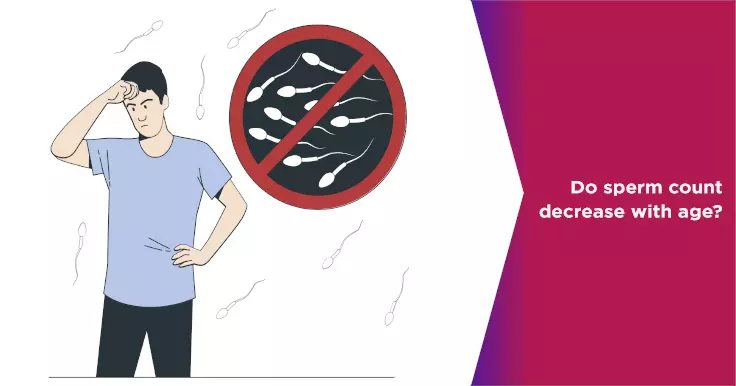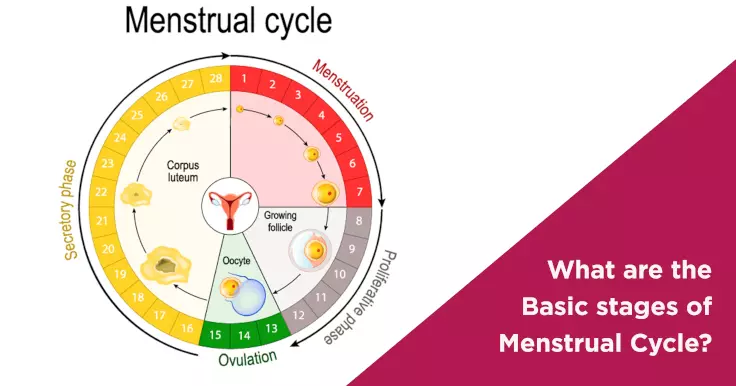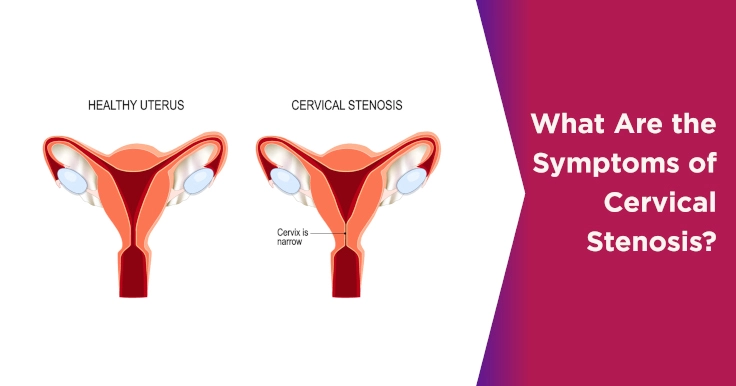Does Sperm Count Decrease with Age? Facts and Insights

Age is an important aspect when it comes to fertility both for men and women. In the case of women, after a certain age, there are no more eggs available in the ovaries and hence it becomes almost impossible to get pregnant. In the case of men, it is a little different. Men can father children at a later age but it can also become difficult.
Age and Sperm
Sperm count decreases with age and this refers to the concentration of sperm in semen. Once a man crosses the age of 40, his body produces fewer sperms compared to the amount of sperm produced by a man in his 20s or 30s. A normal sperm count ranges from 15 to 200 million sperm per millilitre of semen. Usually, this sperm count varies on a daily basis due to factors like diet, stress, body temperature etc. Men with less than 15 million sperm per millilitre of semen may be diagnosed as having a low sperm count.
With age, the quality of sperm also reduces. The sperm may have a smaller than normal head, oddly shaped head, thicker mid-section or a tail that is too short.
Sperm Count and Fertility
A man can ejaculate as many as 250 million sperms at a time. However, not all of these sperms can swim through the cervical mucus and reach the woman's egg. In fact, only 100 or so sperm actually reach the fallopian tubes. These sperms then release an enzyme that creates a path through the protective layer around the egg and one sperm swims up the path and fertilises the egg. Thus, the lower the concentration of sperm, the lesser the number of sperms that can reach the egg. While this does not make it impossible to get pregnant, it does make it a lot more difficult.
 Infertility Counselling
Infertility Counselling Female Infertility Treatment
Female Infertility Treatment Andrology Treatment
Andrology Treatment Fertility Enhancing Surgeries - Female
Fertility Enhancing Surgeries - Female Fertility Enhancing Surgeries - Male
Fertility Enhancing Surgeries - Male Endoscopy Treatment
Endoscopy Treatment IUI Treatment
IUI Treatment IVF Treatment
IVF Treatment ICSI Treatment
ICSI Treatment Advanced IVF Solutions
Advanced IVF Solutions Embryology
Embryology Vitrification Egg, Embryo, Sperm Freezing
Vitrification Egg, Embryo, Sperm Freezing Preimplantation Genetic Testing (PGT)
Preimplantation Genetic Testing (PGT) Donation Program Embryo / Egg / Sperm
Donation Program Embryo / Egg / Sperm Self-cycleTM IVF
Self-cycleTM IVF

 Self-cycleTM IVF
Self-cycleTM IVF










